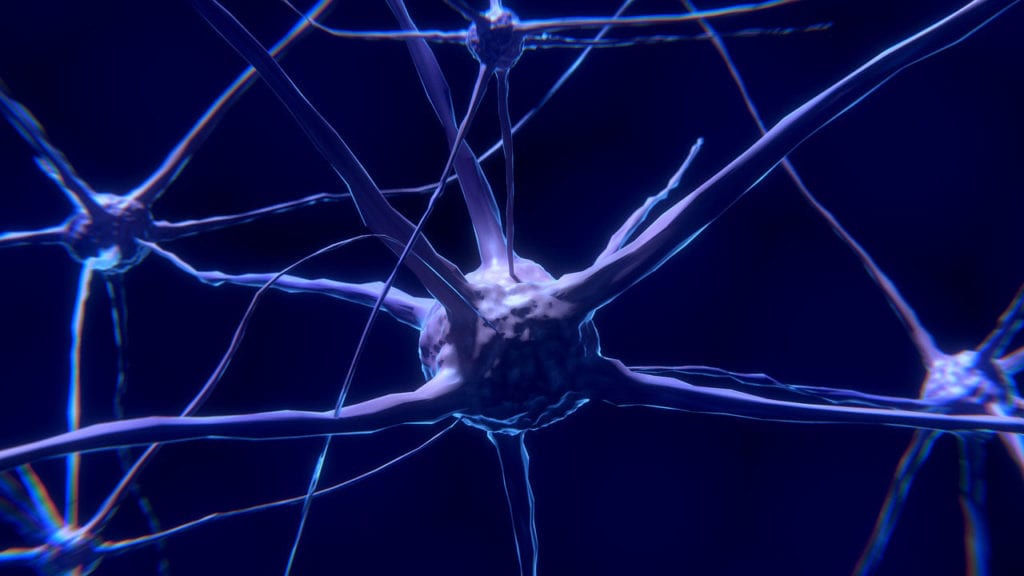A research team, funded in part by grants from the NIH and the National Multiple Sclerosis Society, say that they have discovered a new subtype of multiple sclerosis. The subtype, named myelocortical multiple sclerosis (MCMS), is characterised by neuronal loss without myelin destruction in the cerebral white matter. To find out more information about this study, you can read the source article here, at the Cleaveland Clinic’s website, or click here to view the original study published in The Lancet Neurology.
About Multiple Sclerosis
Multiple sclerosis (MS) is a long term condition that can affect the brain and/or spinal cord. According to the NHS, it can cause symptoms such as issues with balance, movement, sensation, and vision. Symptoms vary a lot between people with MS, and the condition can cause severe disability.
MS is an autoimmune condition, meaning that it is caused by the body’s own immune system attacking healthy areas. In MS, these are the brain or spinal cord. Typically, this causes the myelin sheath (that protects nerves) to be damaged, and can damage the underlying nerves/neurones.
However, the recent study has raised the possibility of a sub-type of MS that isn’t associated with myelin damage in the brain’s white matter.
The Study
Researchers studied the brains and spinal cords of one hundred deceased patients with MS, and found that twelve of the patients had what they termed ‘myelocortical multiple sclerosis’ (MCMS).
The researchers found that both patients with ‘typical’ MS and MCMS had demyelination in the spinal cord and cerebral cortex (although the typical MS group had a larger area of spinal cord demyelination). However, unlike in typical MS, the MCMS group didn’t show demyelination in the brain’s white matter. Despite this, MCMS patients did have reduced cortical neuronal density when compared to healthy patients.
Implications of the Findings
Based on these findings, the researchers concluded that MCMS is a distinct sub-category of MS. In an article published by the Cleveland Clinic, potential implications of these findings are discussed. This article points out that there is a need for more sensitive MRI methods, since, in MRIs, typical MS and MCMS were not distinguished. The article author also writes that, given this variation in the condition, there may be the potential to develop methods of diagnosing and treating MS that are linked to an individual’s form of the condition.







